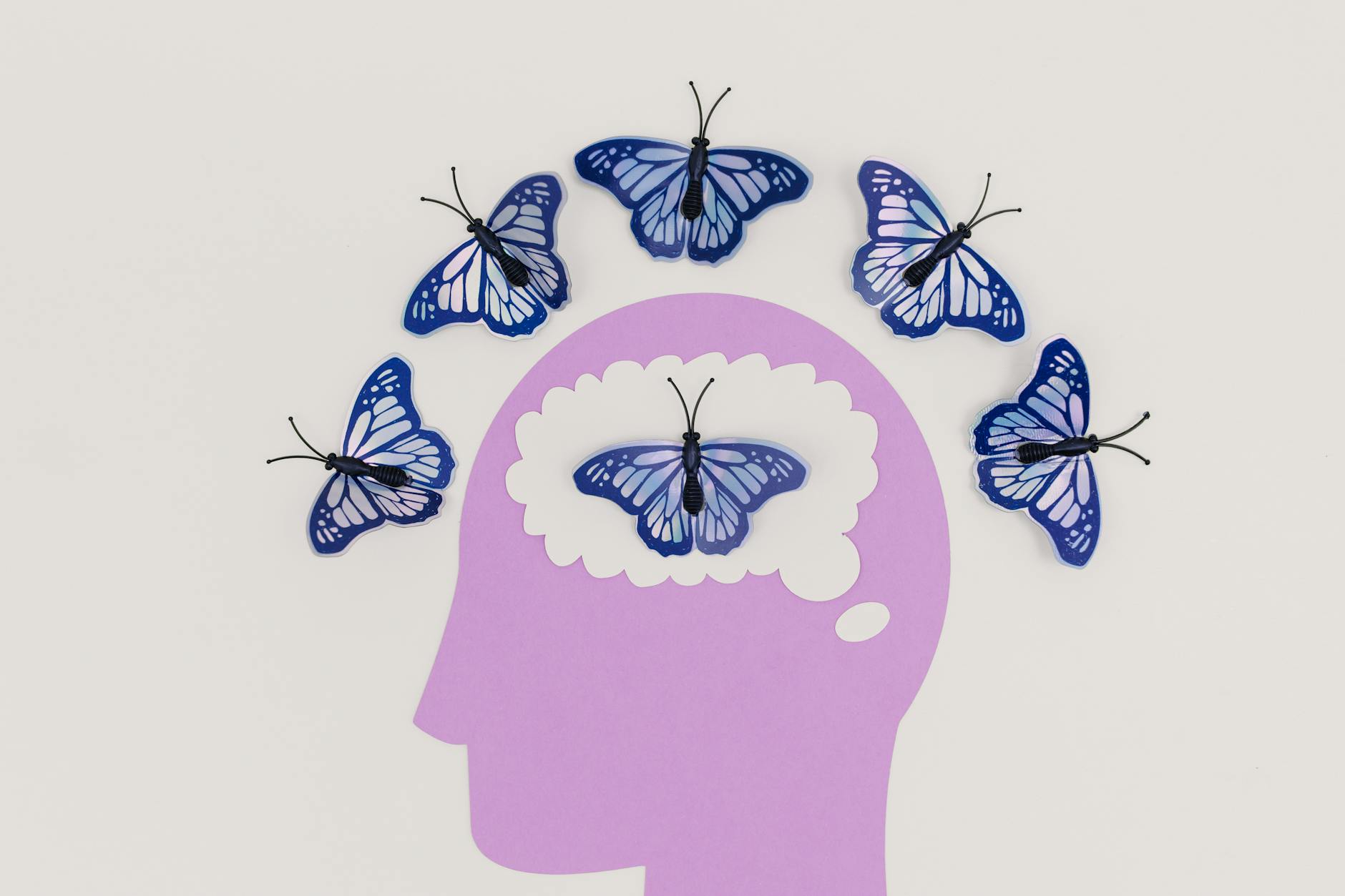What is cognitive psychology?

What is cognitive psychology?
Cognitive psychology is a fascinating field that explores the intricate workings of the human mind. It focuses on understanding how we think, learn, remember, and solve problems. By examining internal mental processes, cognitive psychologists aim to unravel the complexities of human behavior and thought. This discipline is significant not only in psychology but also in various fields such as education, therapy, and productivity enhancement, making it a vital area of study for anyone interested in personal development.
Defining Cognitive Psychology
Cognitive psychology is defined as the scientific study of mental processes. It investigates how we perceive, think, remember, and learn. This branch of psychology prioritizes internal processes over external behaviors, emphasizing how our thoughts influence our actions. According to the American Psychological Association, cognitive psychologists explore how people acquire, process, and store information, making this field crucial for understanding different aspects of human behavior.
Historical Context
The roots of cognitive psychology can be traced back to the mid-20th century, marking a significant shift from behaviorism, which dominated psychology prior to that. Pioneers like Jean Piaget and Albert Bandura contributed essential theories that shaped our understanding of cognitive development and learning. The Cognitive Revolution, which began in the 1950s, led to increased interest in mental processes and laid the groundwork for contemporary cognitive theories. Ulric Neisser, often referred to as the “father of cognitive psychology,” emphasized the importance of ecological approaches to cognitive research, helping to establish this field as a significant part of psychology.
Core Principles
Cognitive psychology operates on several key principles that guide its research and applications:
- Information Processing: This principle likens the human mind to a computer, processing information through various stages—input, storage, and output.
- Perception: Cognitive psychology examines how we interpret sensory information to make sense of our environment.
- Memory: Understanding how information is encoded, stored, and retrieved is a core aspect of cognitive psychology.
- Decision-Making: Cognitive psychologists study how individuals make choices based on available information and cognitive biases.
These principles not only help in understanding cognitive processes but also have practical implications in various fields.
Key Areas of Study in Cognitive Psychology
Cognitive psychology encompasses several critical domains that help us understand how we think and act.
Memory and Learning
Memory is a fundamental topic within cognitive psychology. Theories have emerged to explain different types of memory, including working memory and long-term memory. Techniques derived from cognitive psychology, such as mnemonics and spaced repetition, enhance learning and retention. For an in-depth exploration of memory theories, you can read more on the Simply Psychology website.
Problem-Solving and Decision-Making
Cognitive psychology sheds light on how we solve problems and make decisions. It examines the strategies people use, the cognitive biases that can affect choices, and how context influences our decisions. By understanding these processes, we can improve our problem-solving skills and make more informed choices.
Cognitive Development
Cognitive development theories provide insight into how our thinking evolves from childhood to adulthood. Piaget’s stages of cognitive development, for instance, outline how children progress through various levels of thinking. This understanding can shape educational approaches, enhancing teaching methods tailored to different cognitive stages.
Applications of Cognitive Psychology
The insights gained from cognitive psychology translate into practical applications that can improve our daily lives.
Cognitive Techniques for Productivity
Cognitive psychology offers valuable techniques for enhancing productivity. Strategies like time management, effective study habits, and focus techniques can help individuals maximize their output. Techniques such as the Pomodoro Technique, which encourages short bursts of focused work followed by breaks, are grounded in cognitive principles.
Cognitive Behavioral Therapy (CBT)
One of the most significant applications of cognitive psychology is Cognitive Behavioral Therapy (CBT). This therapeutic approach focuses on changing negative thought patterns to alter behaviors and emotions. CBT has proven effective in treating various psychological disorders, including depression and anxiety. The principles of cognitive psychology underpin its strategies, making it a powerful tool in mental health care.
Conclusion
Cognitive psychology is essential for understanding the complexities of human thought and behavior. Its applications in everyday life, from enhancing productivity to informing therapeutic practices, demonstrate its relevance in personal development. By exploring the intricacies of how we think and learn, cognitive psychology not only enriches our understanding of ourselves but also equips us with tools to improve our lives. As we continue to learn about our mental processes, we can harness this knowledge to foster growth and achieve our goals in various areas of life.

Photo by Tara Winstead